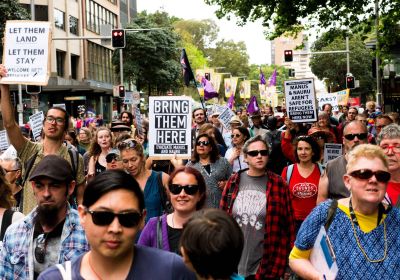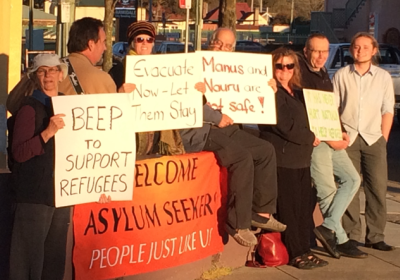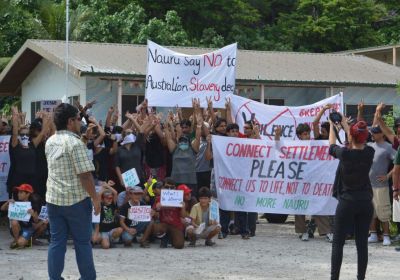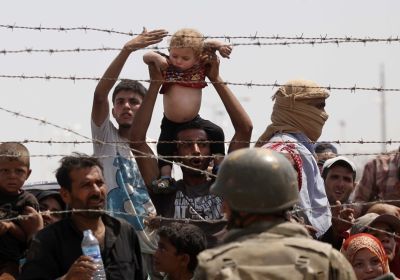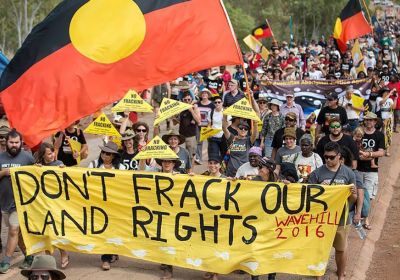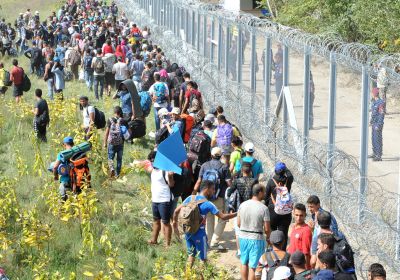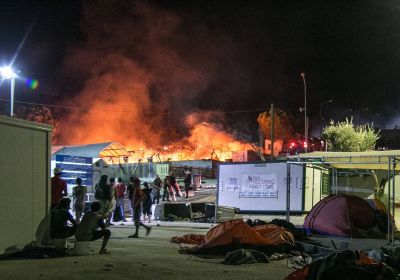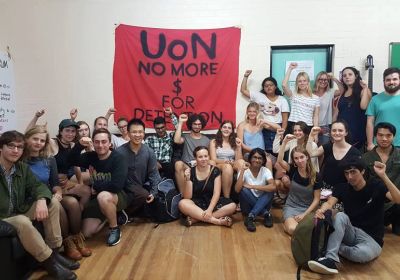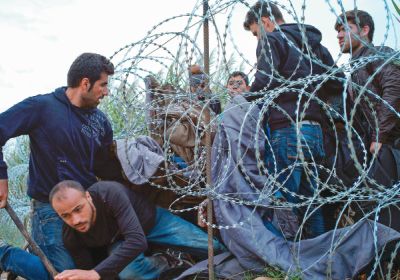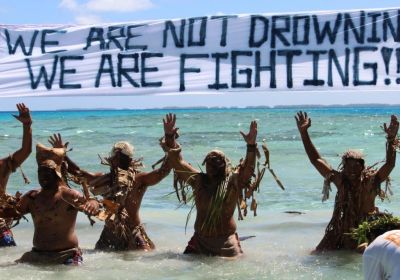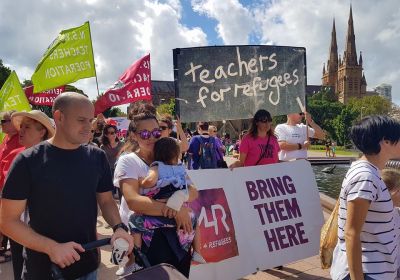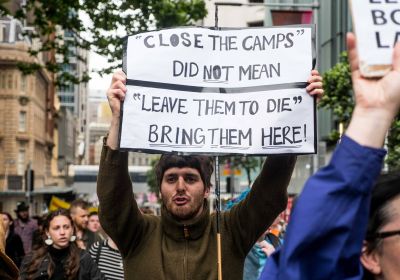
The crisis is deepening on Manus Island. The 600 men remaining at the former regional processing centre compound are being starved out, deprived of medical aid and having fences taken down around them as Green Left Weekly goes to print. Notices have been posted at the centre saying that if the men do not vacate, they will be removed by force.
